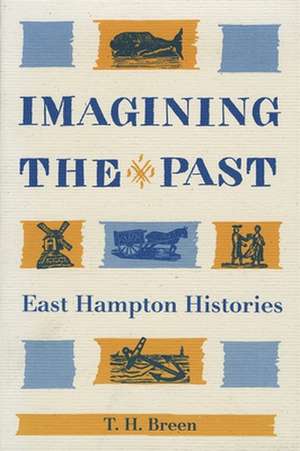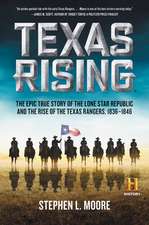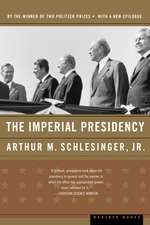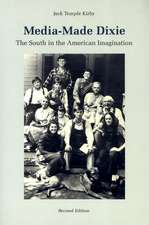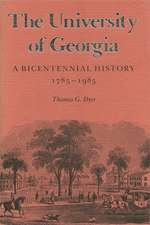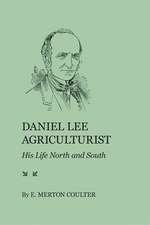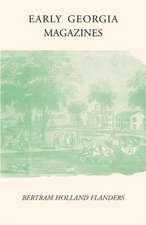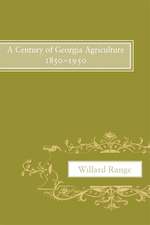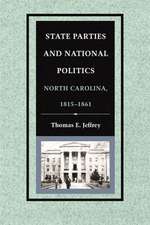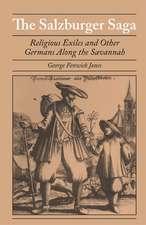Imagining the Past: East Hampton Histories: East Hampton Histories
T. H. Breen Fotografii de Tony Kellyen Limba Engleză Paperback – 31 ian 1996
Preț: 264.81 lei
Nou
Puncte Express: 397
Preț estimativ în valută:
50.68€ • 52.71$ • 41.84£
50.68€ • 52.71$ • 41.84£
Carte tipărită la comandă
Livrare economică 14-28 aprilie
Preluare comenzi: 021 569.72.76
Specificații
ISBN-13: 9780820318103
ISBN-10: 0820318108
Pagini: 320
Dimensiuni: 157 x 234 x 17 mm
Greutate: 0.46 kg
Editura: University of Georgia Press
Seria East Hampton Histories
ISBN-10: 0820318108
Pagini: 320
Dimensiuni: 157 x 234 x 17 mm
Greutate: 0.46 kg
Editura: University of Georgia Press
Seria East Hampton Histories
Textul de pe ultima copertă
How we make history - and what we then make of it - is engagingly dramatized in T. H. Breen's portrait of a 350-year-old American community faced with the costs of its progress. In the particulars of one town's struggle to check development and save its natural environment, Breen shows how our sense of history reflects our ever-changing self-perceptions and hopes for the future. Breen first went to East Hampton, the celebrated Long Island resort town, to write about the Mulford Farmstead, a picturesque saltbox dating from the 1680s. Through his research, he came across a fascinating cast of local characters, past and present, who contributed to, invented, and reinvented the town's history. Breen's work also drew him into contemporary local affairs: factionalism among residents, zoning disputes, and debates over resource management. Driving these heated issues, Breen found, were some dearly held notions about a harmonious, agrarian past that conflicted with what he had come to know about the divisiveness and opportunism of East Hampton's early days. Imagining the Past is about the interplay between some of the East Hampton histories Breen encountered: the official histories of many generations, the myths and oral traditions, and the curious stories that Breen, as an outsider, discerned in the town's rich holdings of artifacts and documents. With a warm yet wry regard for human nature, Breen obliges us to confront our pasts in all their complexities and ironies, no matter how unsettling or inconvenient the experience.
